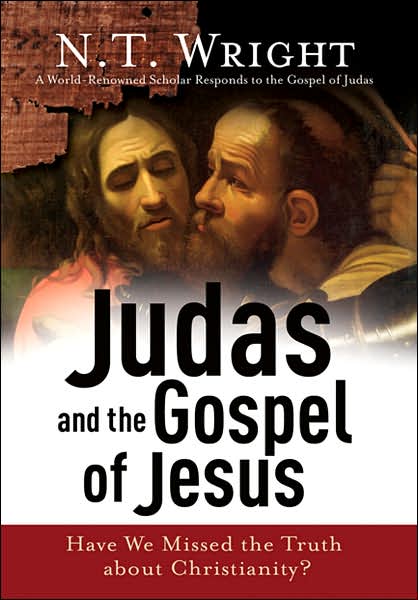©2016 Baker Books, Grand Rapids
When I was a high school student I was part of the team. I
did not play football, basketball, or baseball, but I was on the team—the speech
and debate team. I will readily admit that I was neither exceptionally nor
remotely gifted in the art of debate. In fact, at tournaments, I begged our
debate coach to let me just participate in the speech events that I enjoyed.
But alas, she always made me partner up with my buddy and lug our cases of
cases and evidence into the debate room where we would participate in two to
three rounds of debates usually being eliminated early.
As you can see, dear reader, I have not decided to make
apologetics my life ambition. I’m just not going to go out of my way to get
into a theological debate with someone. Even so, there are times when I find
myself in a situation that requires me to bring an answer for my faith—and often
the questions are difficult. What is a Christian to do when it comes time to
stand up for faith? That’s where it helps to familiarize oneself with people
who have a gift for defending the faith.
That is where Robert Jeffress, senior pastor of FirstBaptist Church in Dallas, Texas, and his recent book come in handy. Dr.
Jeffress is no stranger to defending Christianity. He has been interviewed on
countless occasions where faith matters arise. He has found himself on the
debate stage with noted opponents to the Christian faith and shown well. And so he has written Not All Roads Lead to Heaven to help
the average Christian understand and defend the doctrine of exclusivity (that
Jesus Christ is the one and only doorway into eternal life).
Jeffress address some of the most often voiced objections to
and questions about the claim of Christianity that Christ is the only answer to
questions about salvation. He bases his answers to these tough questions in
Scripture (both Old and New Testaments) and weaves his way through the maze of
logic that has tripped many a Christ-follower. Some of the loudest objections
[exclusivity is intolerant; what about someone who’s never heard about Jesus? What
about little children?] with care, understanding, and a better response than
the typical defensive sarcasm that touches the lips of many Christians. The
author reminds the reader of a couple of important notes that should be
remembered whenever we encounter someone who wants to question our faith: We
are dealing with God and His ways, and God’s desire is to see as many people
come to salvation as possible. If we are to find salvation, we must do it on
the terms of the Author of salvation, though, and not what seems like a good
idea at the time.
This book is a short, readable guide to answering questions
that a Christian might have about how inclusive the gospel message is; a resource
to approaching non-believers (both friends and acquaintances) who might take
issue with the exclusive claims of Christianity; and a study to acquaint the
believer with a stronger foundation as to how to approach the doctrine of
salvation—after all, it is by grace through faith in Jesus Christ (and only
Jesus Christ).
I give this book 4.5 out of 5 reading glasses as at times it
gets a little weighty, although Dr. Jeffress does an excellent job of keeping
the complexity of the issue simple most of the time.
—Benjamin Potter, June 13, 2017













